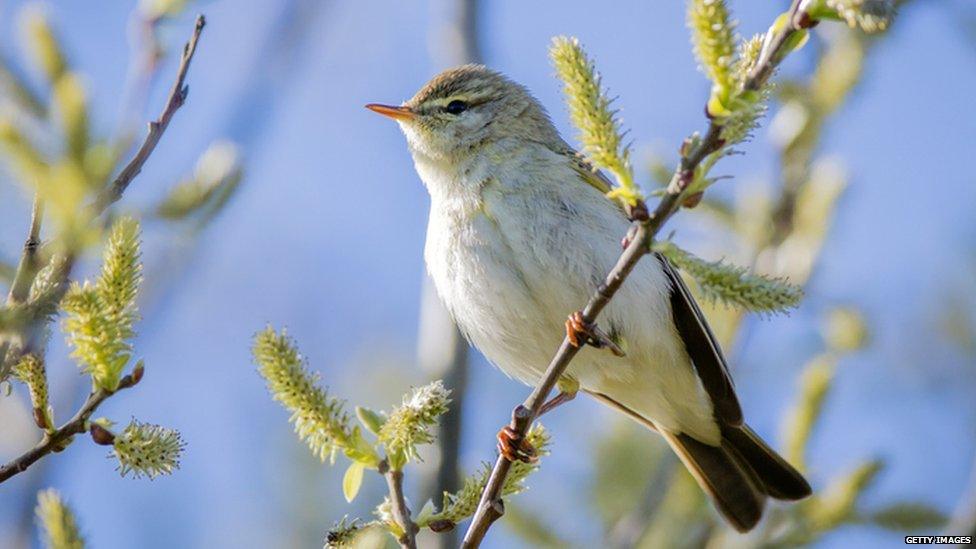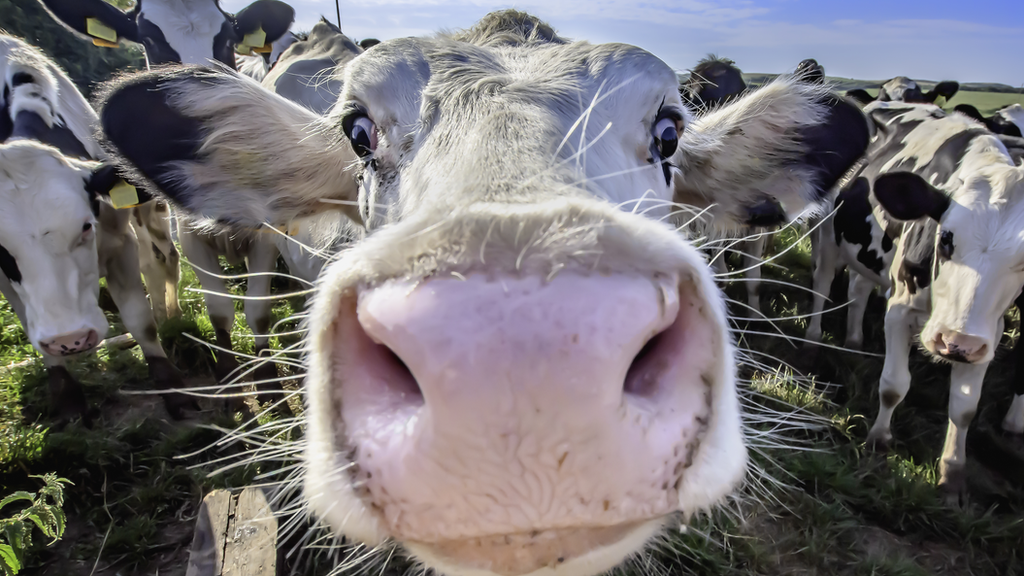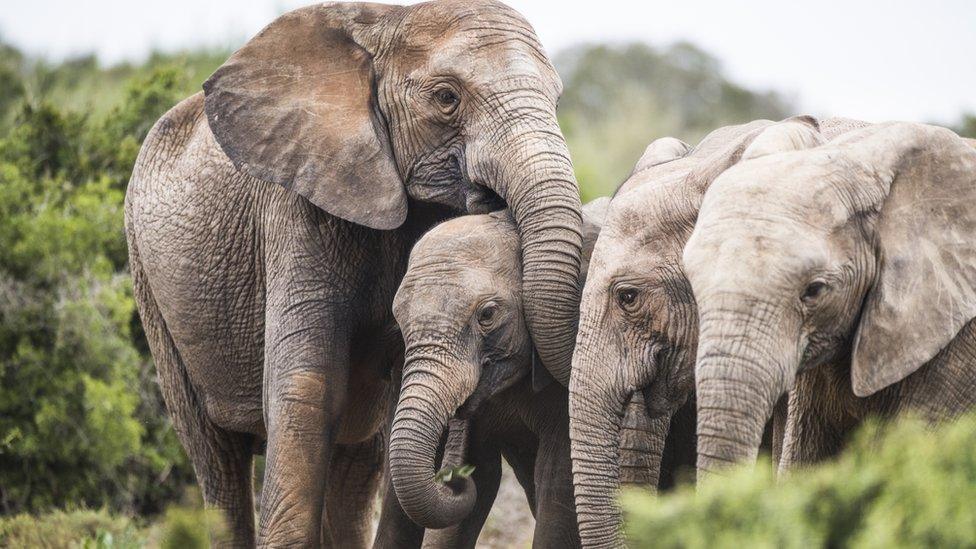Climate change: Migratory birds might stop flying south for winter
- Published
- comments

Willow warblers like these might start spending more time with us in the UK over Winter
Britain's migratory birds might stop flying south for winter, new research has found.
Scientists at Durham University have analysed data that suggests birds such as nightingales and reed warblers are spending less and less time in Africa during the colder months.
In fact, according to the lead author of the study, Kieran Lawrence, they may stop going there altogether.
"If the trends we have seen in this study continue, we may see that, in time, some birds will spend no time at all in sub-Saharan Africa, and instead spend the full year within Europe."
Why is this happening?
In the past, scientists have believed that birds made their decisions on when to fly off to other continents based on how many hours of daylight there were.
However, as a result of this research they now think that other factors such as how much there is to eat and how the climate is changing also have an impact.
If you cannot see the slideshow, click here.
What could this mean?
On the one hand, birds spending more time in Europe might help some species survive.
One bird that migrates a long distance to sub-Saharan Africa - the willow warbler - has seen a 45% decline in its population over the last 24 years. But chiffchaffs, who spend most of their winter in either Europe or North Africa, have increased by 114% over the same period.
On the other hand, more birds in Europe may mean more competition for food and other resources and less birds in Africa could have an impact on the ecosystems there. For example, the insect population may increase, if there are less birds to eat them.
- Published25 October 2021
- Published24 October 2021

- Published23 October 2021

